
Rosh Hashanah takes on added power this year. The terrorism of last October, the ongoing captivity of Israeli hostages, the eruption of antisemitism that preceded any Israeli response, the devastation of Palestinian lives, and the normalization of demonizing Israel and Jews makes it all the more imperative that we come together. All the more crucial that we stand with each other to mourn, to rage, to introspect, and to reaffirm our core values for the year ahead. We’ve never needed Rosh Hashanah more than we do now.
On July 16, 2006, a bearded Hezbollah guard was quoted in The Los Angeles Times. “People are begging Hassan Nazrallah to fight. They want to be human bombs.” Then he added the following comment: “This is the difference between us and them – the Jews. They fear death and love life; we are believers in another life, and we welcome death.” Jews fear death and love life, he says. I am not prepared to concede that this guard speaks for other Muslims – I suspect they love life very much. But I will admit that when it comes to the Jews and their love of life, I think he is right.
Is it terrible to love life? Hezbollah thinks it is. They think this will make Jews look bad. Those Jews – they are afraid of dying because they love life so much. Is that a sin? Does it reflect a lack of faith to love life?
Rosh Hashanah celebrates the birthday of the world. It is the quintessential affirmation of life itself.
“Who is it who desires life and loves many days to see good, keep your tongue from evil and your lips from speaking guile. Depart from evil and do good. Seek peace and pursue it (Psalm 34).” Jewish tradition understands that loving life is not a self-indulgence. To love life is a mandate to do good and to flee from evil. To love life is to pursue peace and to spread it among our brothers and sisters. To love life is to see life arrayed before us as a feast, a bounteous party to which we are invited guests. The Talmud commends to us: “Grab and eat. Grab and drink. Because this world from which we will one day depart, is like a wedding celebration, a wedding feast (Eruvin).” We were all of us born into a world that was created for us.
In the creation story at the beginning of the Book of Genesis, we are told that humanity was made, not at the beginning of creation, but at its end, to which the rabbis comment: Just as when one celebrates a party, one sets up the party first, and then tells the guests to come so it is that God arrayed this glorious pageant of beauty — water and land; sky and sea; animals and plants; bedecked the world and festooned like it a glorious banquet —and only then beckoned us to join. How can one not love life if we understand that the world is a wedding feast?
Each day that God creates the world, God says, “Ki-tov” – “It’s good!” And then stepping back at the end of Creation and looking at it all – even that exclamation is not enough. God says, “Ki-tov me’od: It’s very good!”
Rav Saadia Gaon teaches, “The first of God’s acts of kindness to God’s creatures was the gift of life.” Judaism affirms that life is a gift. To spurn the gift is to spurn the one who gives it. How dare a religious person not love life? How dare a person who claims to be God’s servant throw the gift back at God? As the Holy Day Machzor reminds us, “You who remember life, remember us in the Book of Life.” Jewish law, Halacha as well, emphasizes again and again that loving life is a supreme religious value. The Talmud tells us that nothing stands in the way of saving a life other than three prohibitions. Because living itself is a mandate. Again the Talmud tells us, “When there is two legitimate ways to interpret Jewish Law, one of which makes possible living, then you are obligated to rule leniently.” The Torah tells us, “You should live by them.” The Gemara goes on to explain, “You are not commanded to die by mitzvot.” The laws of the Torah are meant to enhance life, to add to the beauty of the world we are born into.
My guide in the love of life is my son. At the time the Hezbollah article appeared in The Times, Jacob was a 14-year-old boy enrolled in the local public middle school. As he has grappled with the world’s responses to autism his whole life, Jacob has taught me what it means to love life. Here is what Jacob wrote as a response:
“For most of my life my existence was controlled by autism. Autism was at the root of every experience I had or didn’t have. I lived with constant anger at my disability and fear that it would isolate me forever. One day last year, my wonderful physician and mentor asked me, what is the opposite of anger? And I realized that it’s not the absence of anger, but rather acceptance, laughter, and joy. I also realized that fear and anger just produces more fear and anger, while acceptance brings connection to God and humanity. For many years I have been praying for God to cure my autism, and wondering why God didn’t answer my prayer. I realize now it is because I have been praying for the wrong reason. I started to pray for the strength to accept autism and to live with joy, laughter and connection. My prayers have been answered more richly than I could have ever imagined. I still passionately hate autism, but now I love life more than I hate autism.”
Is not that the life-task of every human being? To move from fear and anger to acceptance and joy? Anger is a trap. Anger ensnares us in its reach and then won’t let us ever leave. Small wonder that the Talmud says: “One who tears garments in anger, who breaks utensils in anger, or scatters money in anger, that person should appear to you as though performing idolatry,” for anger is the craft of the yetzer hara, of the evil inclination. A letter written by the Baal Shem Tov, the founder of Hasidut, says that when tempted by anger, which is an expression of sinful fear and derives from the attribute of judgment, overpower your inclination and transform that trait into a chariot of God. Make your fear and your anger, which are expressions of weakness, into a chariot for God, a vessel for the sacred.
An ethic which takes creation seriously bids us to tell the Hezbollah guard that his anger and his fear have warped him, have robbed him of his humanity, and are a betrayal of the very religious convictions that his own religion teaches. I have read the Koran. I have seen the life-affirming teachings that can be found there for those who look. But first, we must leave aside fear, step beyond hatred. And I say this to myself, to all of us, because we too become trapped in our fear and our hatred and our anger, and it is paralyzing. To move beyond anger into joy is the work of a lifetime and it begins each day.
An 18th-century poet, William Ellery Channing, tells us:
To live content with small means,
to seek elegance rather than luxury,
and refinement rather than fashion;
to be worthy, not respectable,
and wealthy, not rich;
to study hard, think quietly, talk gently, act frankly;
to listen to stars and birds, babes and sages with open heart;
to bear all cheerfully, to do all bravely;
await occasions and hurry never.
In a word, to let the spiritual,
unbidden and unconscious grow up through the common,
This is to be my symphony.
The Torah mandates: “You shall rejoice before God.” And it is precisely that command to rejoice that sets us free, at this time of year most of all. In Jewish mystical thought we are told that what we do in this world below has an impact in the world above. And when we release the bonds of rage, the bonds of depression, the bonds of fear, the trap that it must always be like this, we liberate supernal joy as well.
The Torah mandates: “You shall rejoice before God.” And it is precisely that command to rejoice that sets us free, at this time of year most of all.
Rosh Hashanah reminds us to celebrate life, and to fight for it when we need to.
Rabbi Dr. Bradley Shavit Artson, a Contributing Writer for The Jewish Journal, holds the Abner and Roslyn Goldstine Dean’s Chair of the Ziegler School of Rabbinic Studies and is Vice President of American Jewish University in Los Angeles. He is also rabbinic leader of the Abraham Heschel Seminary in Potsdam, Germany ordaining Conservative/Masorti Rabbis for Europe.
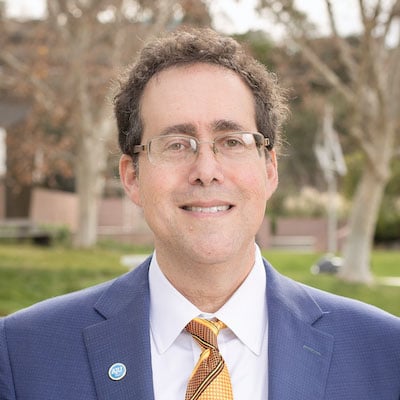






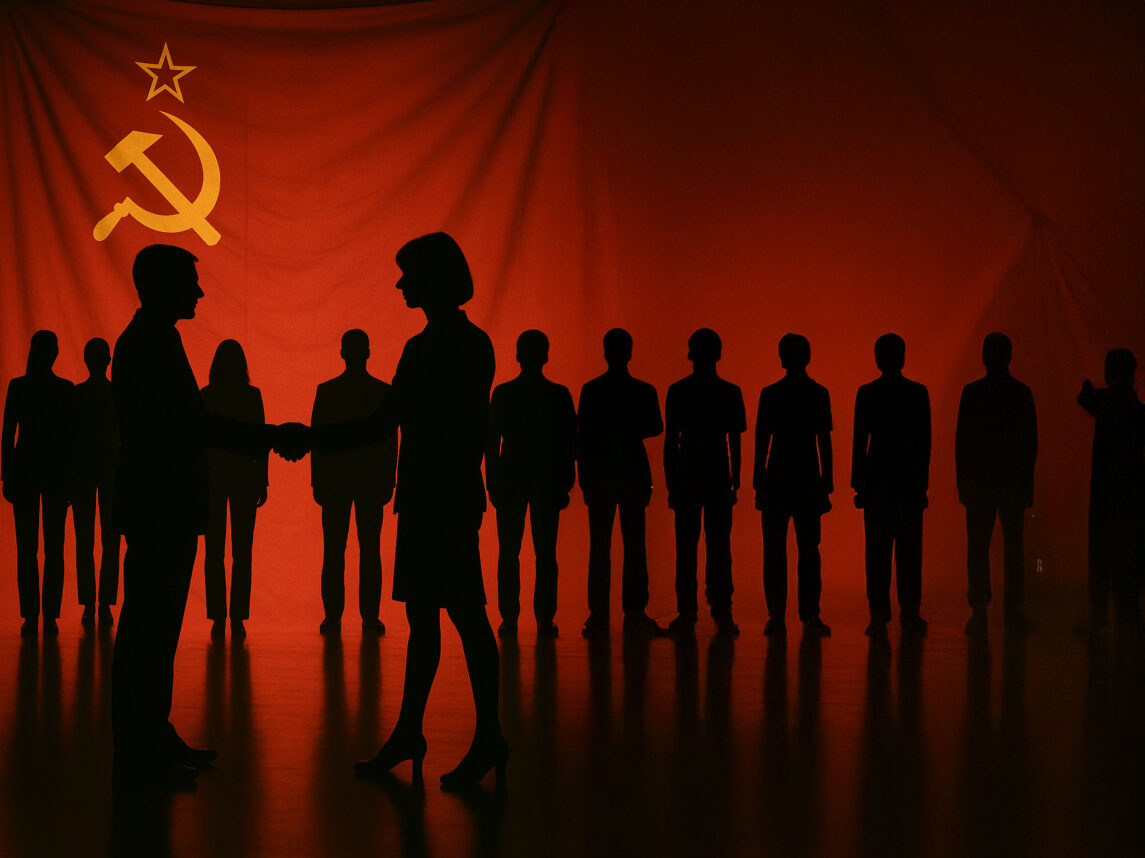
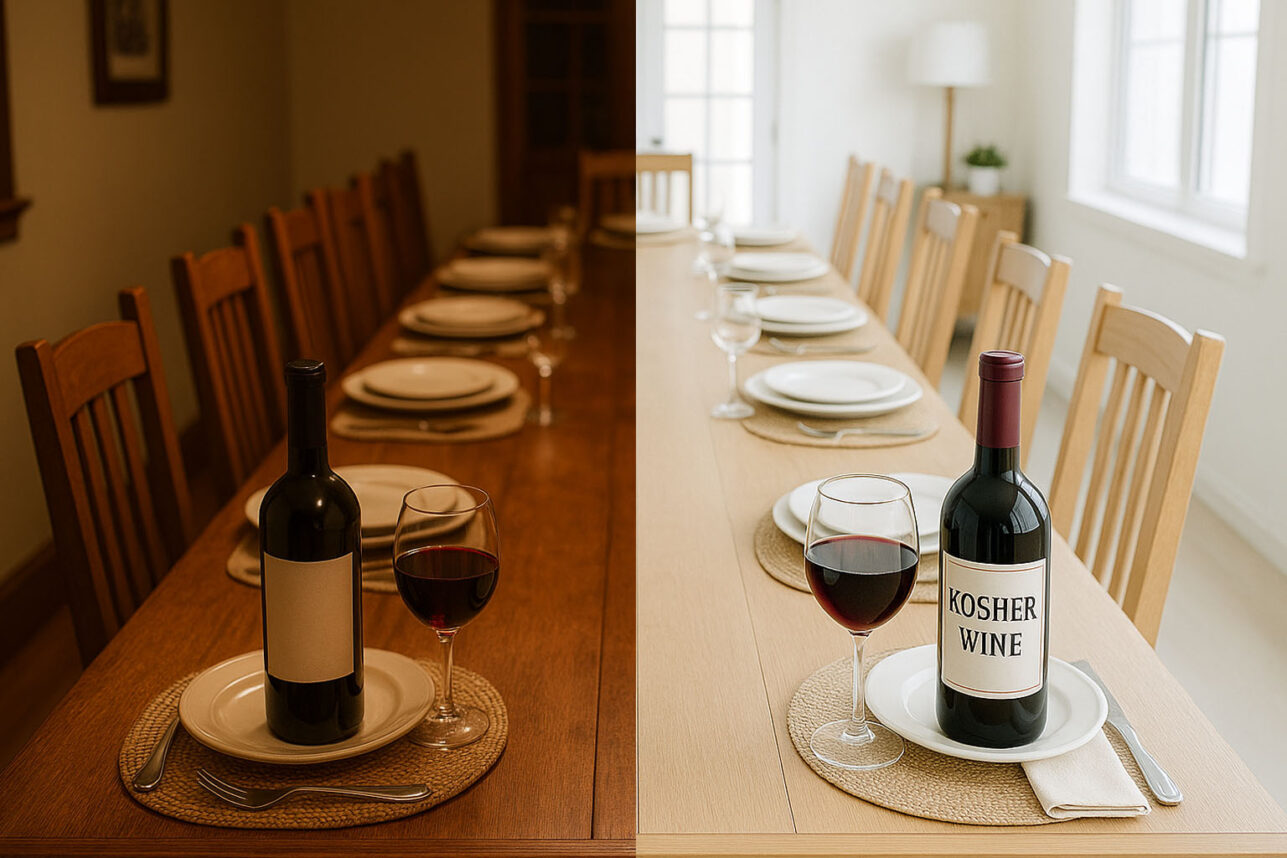


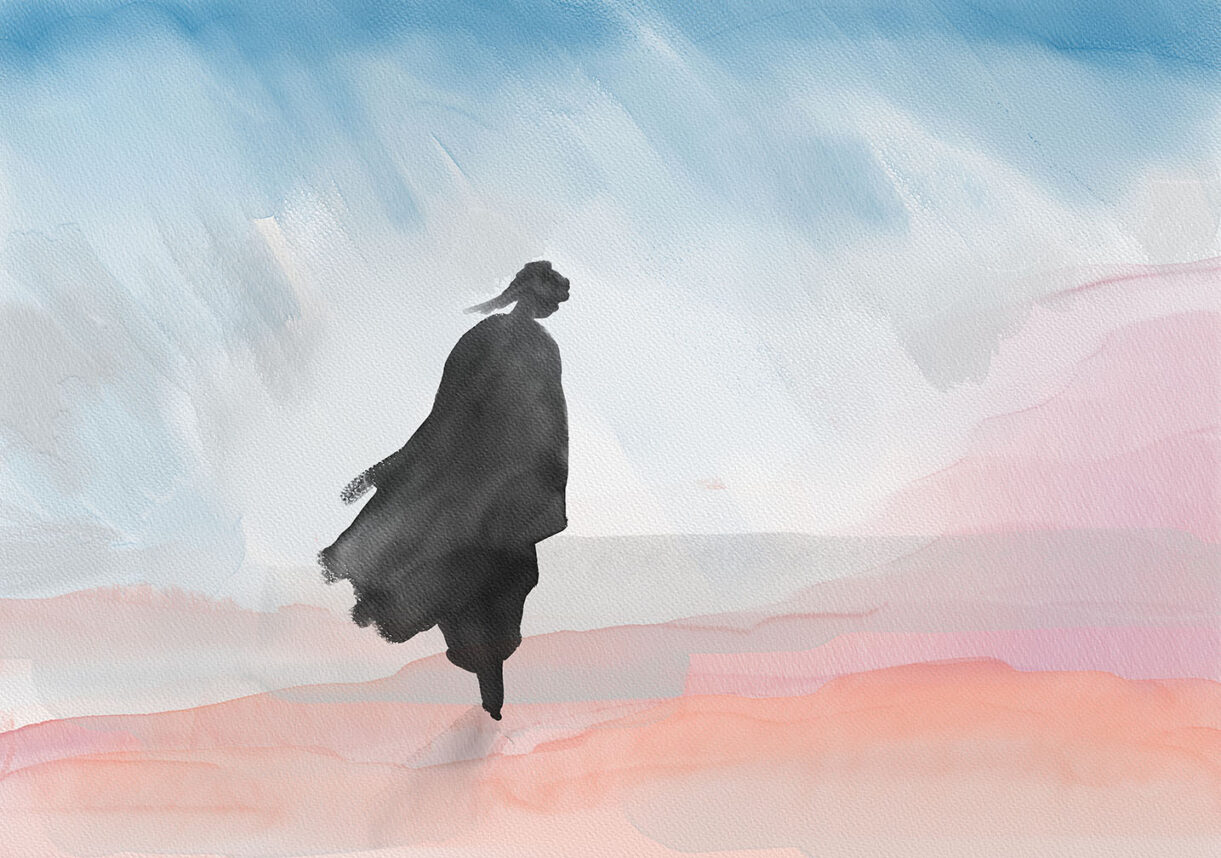


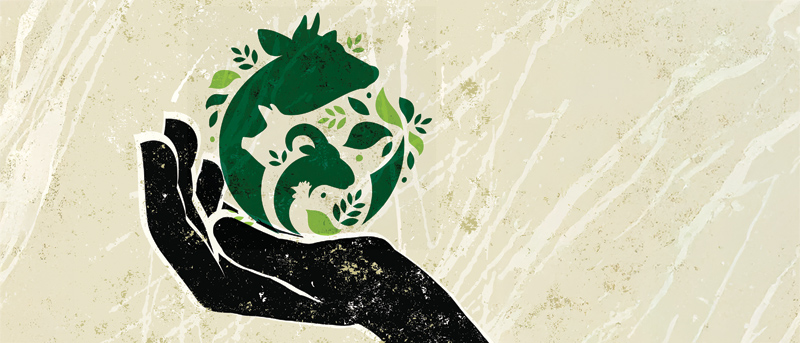
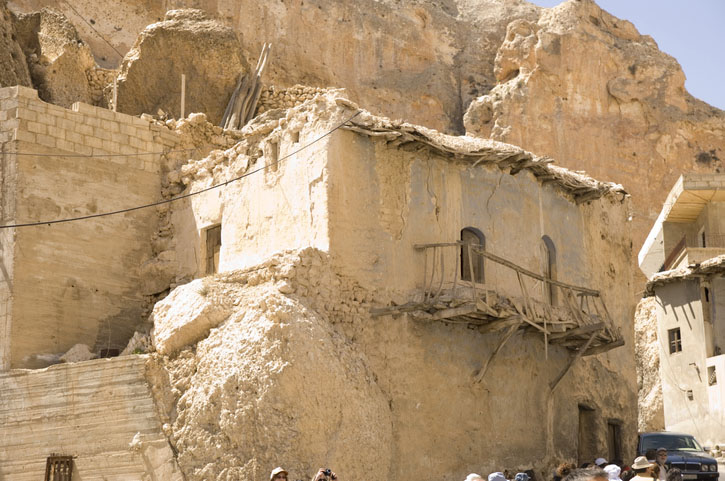





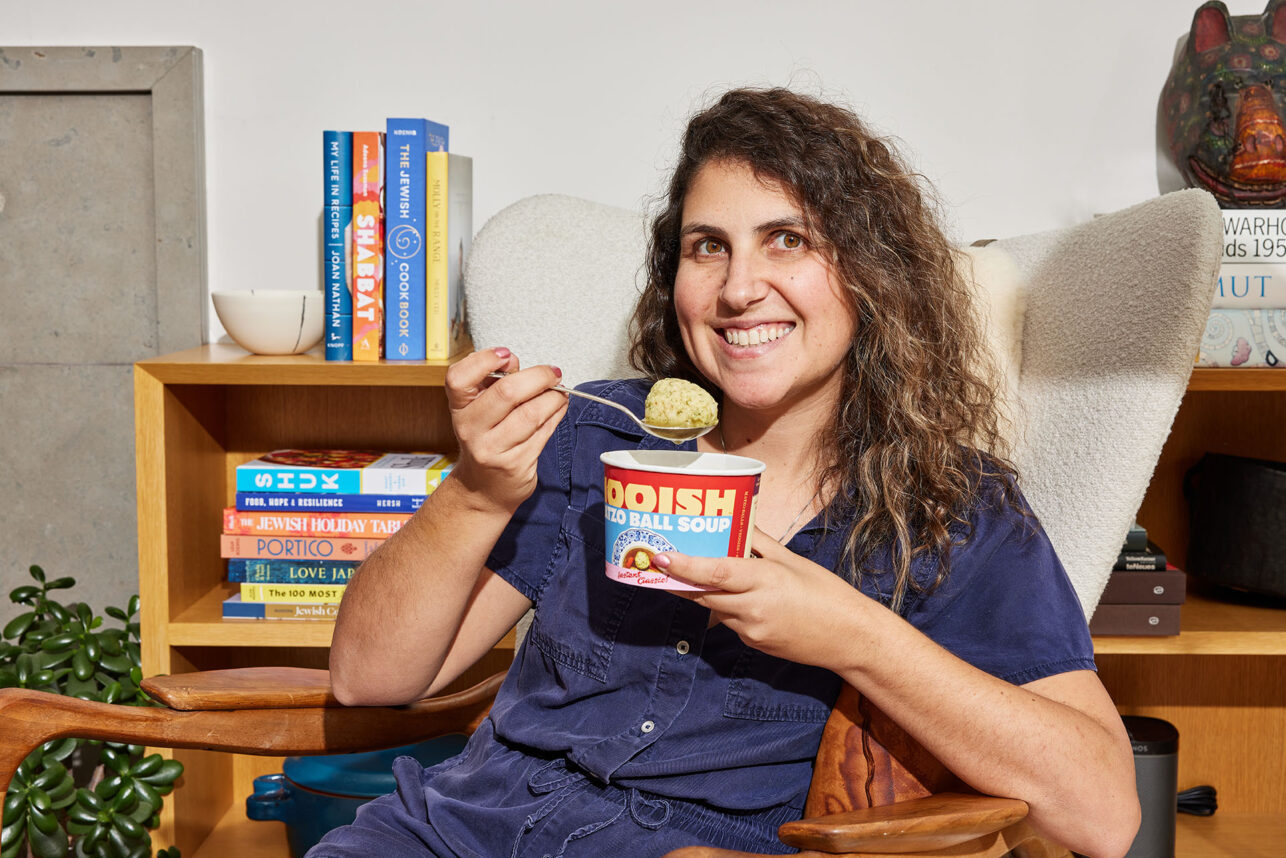


 More news and opinions than at a Shabbat dinner, right in your inbox.
More news and opinions than at a Shabbat dinner, right in your inbox.